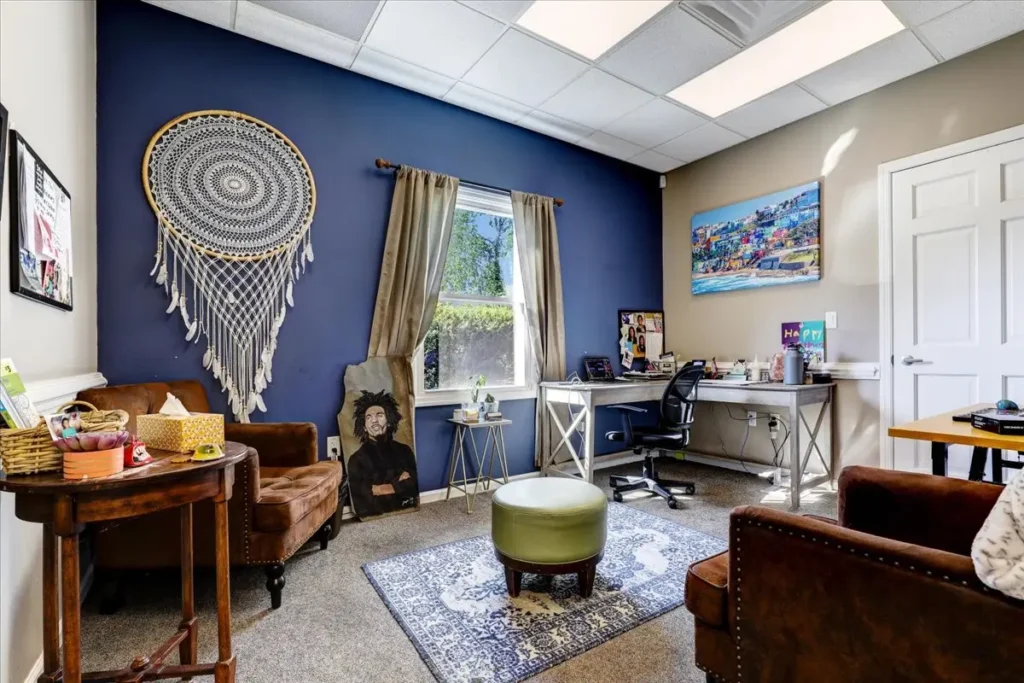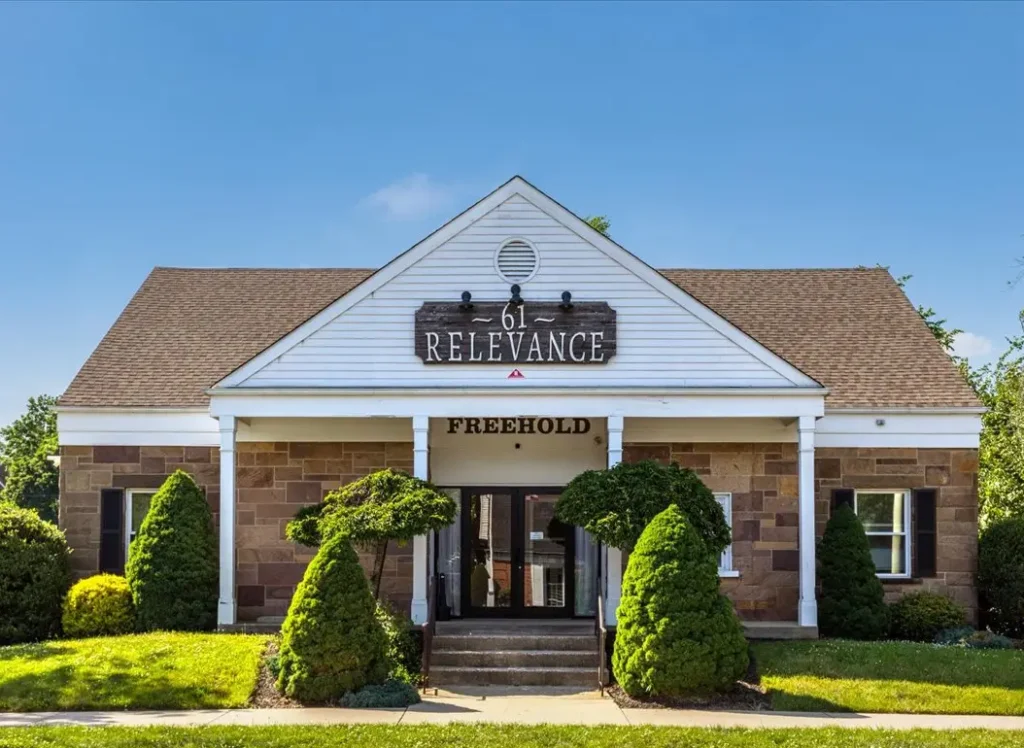Discover how Relevance Recovery utilizes modern advances to assist our clients on the path to recovery.
Recovery isn’t easy. Particularly from opioids. Once addiction sinks its teeth into you, it’s unrelenting. No matter how it starts, whether through experimentation or a prescription giving way to dependency as is often the case, the slip into an opioid use disorder (OUD) seems to happen in the blink of an eye. Your body and mind conspiring against you, craving increasingly larger doses of the drugs and unleashing debilitating withdrawal symptoms in their absence. It’s part of the reason that the statistics related to the epidemic are so earth-shatteringly grim and almost hard to believe:
This dire situation with deaths from drug overdoses, specifically those related to opioids, is why the Department of Health and Human Services (HHS) finally declared it a public health emergency back in 2017. There’s a clear and unmistakable difficulty in quitting these highly addictive drugs and that’s where medication-assisted recovery comes in. Medication-assisted treatment (MAT) as it’s often referred to is defined by the Substance Abuse and Mental Health Services Administration (SAMHSA) as “the use of medications, in combination with counseling and behavioral therapies, to provide a “whole-patient” approach to the treatment of substance use disorders.” This whole patient outlook is of course right in line with our holistic approach to treatment at Relevance Recovery.

At Relevance Behavioral Health, we focus on treating a wide range of mental health and substance use issues.
Our approach emphasizes tailored treatment plans that use effective and holistic strategies, promoting lasting recovery for our clients.
We work with most major insurance carriers to help provide affordable, accessible treatment options to those who need it most. Our admissions coordinators can answer all of your questions. Call for a confidential assessment and insurance verification.





















Major advances in medication over the last 10 years has created unique opportunities for those suffering from drug & alcohol addiction. Relevance Recovery utilizes Medication-Assisted Therapy (MAT) in New Jersey as a tool for clients who meet the criteria for the program. When entering our Medication-Assisted Therapy (MAT) program you can expect:
A medication-assisted treatment program can be an invaluable lifeline for those struggling with the overwhelming pull of opioids. That’s because the way these drugs actually work is what makes them so addictive in the first place. Given that, it’s instructive here to take a moment and truly understand the nature of opioids and what makes them so powerful; be they illicit like heroin, a prescription for Vicodin, or the even stronger synthetic opioid, fentanyl.
The National Institute on Drug Abuse (NIDA) describes their effect on the brain as such; “opioids bind to and activate opioid receptors on cells located in many areas of the brain, spinal cord, and other organs in the body, especially those involved in feelings of pain and pleasure. When opioids attach to these receptors, they block pain signals sent from the brain to the body and release large amounts of dopamine throughout the body. This release can strongly reinforce the act of taking the drug, making the user want to repeat the experience”.
It’s these “euphoric effects”, as the National Institutes of Health (NIH) put it, that can lead people to misuse opioids or even the reason they start using them in the first place.
That’s one part of the equation, the other part is what happens when a person stops using. The withdrawal.
Withdrawal from opioids is not pleasant, to say the least, with symptoms including fever, nausea, vomiting, muscle pain, insomnia and more. In some instances, when opioid addiction is on the more severe side and cessation is abrupt, withdrawal can even be life-threatening.
A medication-assisted opioid treatment program uses specially approved medications to counteract the effects of opioids and help control the intense cravings that quitting initially brings. These FDA approved products are:
All of the above are one of three types of medication: buprenorphine, methadone or naltrexone. Each one serving a different purpose which SAMHSA sums up quite nicely:
Buprenorphine – suppresses and reduces cravings for opioids.
Methadone – reduces opioid cravings and withdrawal and blunts or blocks the effects of opioids.
Naltrexone – blocks the euphoric and sedative effects of opioids and prevents feelings of euphoria.


Upon arrival, you’ll meet our team of addiction specialists – medical doctors, licensed clinicians and counselors – who will evaluate you and determine the best course of action for overcoming your addiction.
That includes establishing which medications would be most beneficial in your recovery and putting together a customized treatment plan. It’s important to remember that the operative word with respect to medication-assisted treatment is assisted. The meds are incorporated to complement and enhance the effectiveness of the robust rehab programs we design for you.
They make it so you can genuinely focus on recovery without the sedative effects of opioids, the addictive euphoria or the cravings. The idea ultimately is to cut back safely and slowly on these assistive medications as well.
At Relevance Recovery, we treat you in your entirety. That means comprehensive, evidence-based psychotherapy like cognitive behavioral therapy (CBT) and dialectical behavior therapy (DBT) which is integrated with alternative treatment options like yoga, fitness, equine therapy, biosound therapy and more. All of that together serving to create a truly holistic recovery.
While opioids are the main addiction that therapy of the MAT variety is meant for, it can be beneficial for another very commonly abused substance, alcohol. The drugs used for this are acamprosate, disulfiram and naltrexone.
Notably, you must qualify for this program and for those that do, an 8-week curriculum will be utilized, allowing you to learn a wide variety of skills using the various therapeutic modalities mentioned and medication to help you achieve your recovery goals.
Our expert admissions coordinators will create a custom plan for you.
Achieving lasting sobriety and living the meaningful, healthy life you deserve is within your reach and medication-assisted treatment very well could be what works best for you.
Give us a call at Relevance Recovery today to learn more.